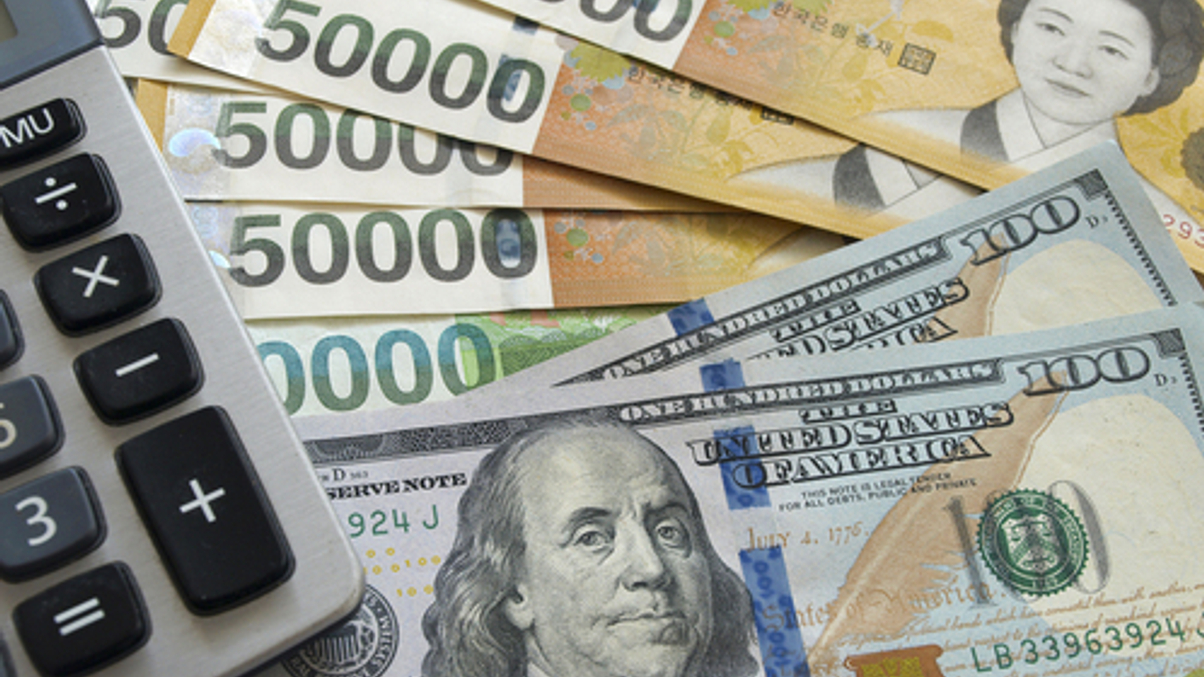Heungkuk Life shakes up Korean financial markets with delayed call option redemption
An initial announcement by the life insurer to delay a foreign-currency bond redemption got called back, stoking concerns about the general economical situation in Korea, where institutions have been tested by a depreciating won.

The Korean financial markets were taken for a spin recently, when Heungkuk Life Insurance, a mid-sized actor in the Korean insurance industry, announced on November 1 that it would delay the exercising of a $500 million November 9 call option for its foreign-currency bonds — although ultimately, the insurer reversed its decision on November 7.
Sign in to read on!
Registered users get 2 free articles in 30 days.
Subscribers have full unlimited access to AsianInvestor
Not signed up? New users get 2 free articles per month, plus a 7-day unlimited free trial.
¬ Haymarket Media Limited. All rights reserved.


